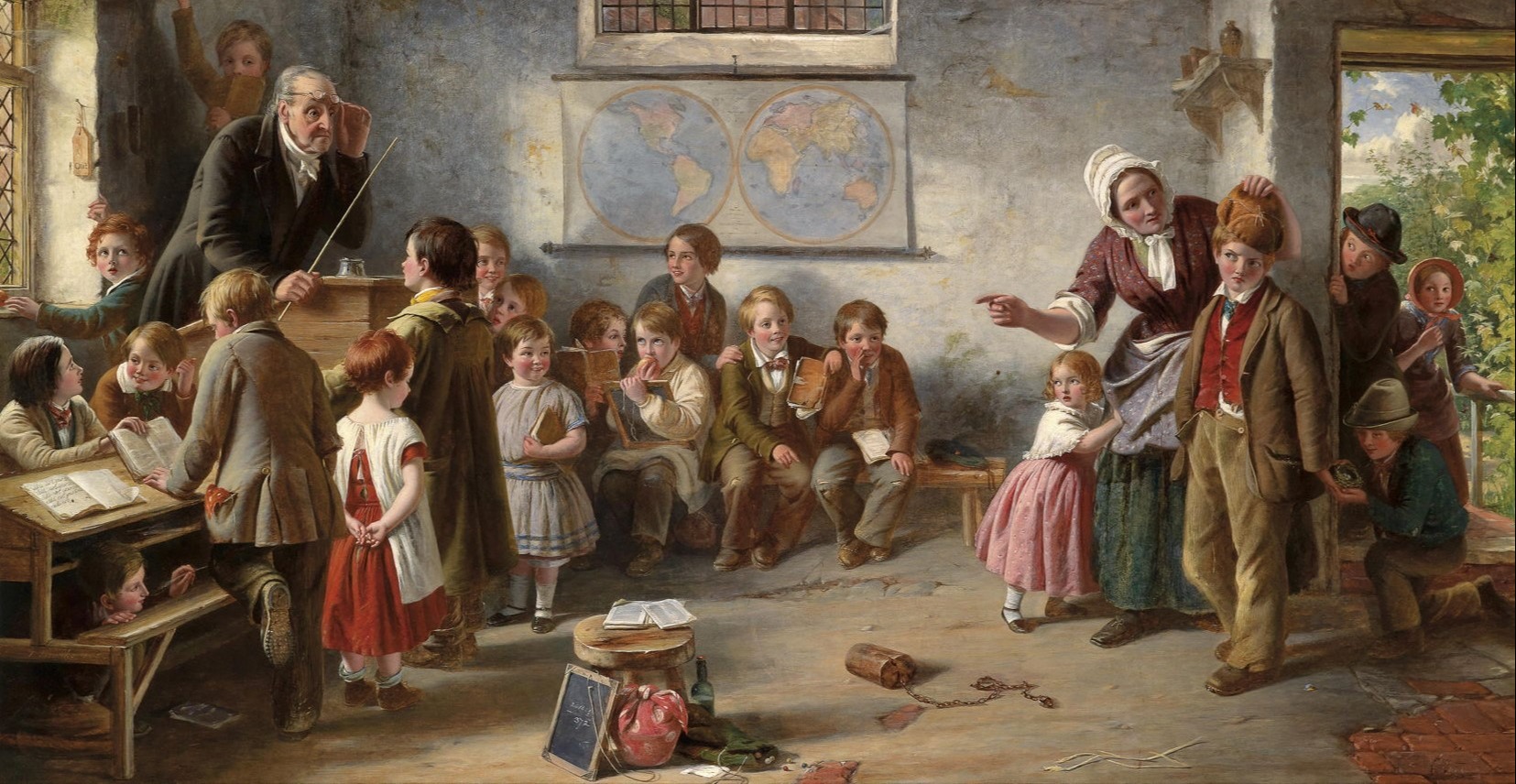December 2024
Dear Friend of Golden View Classical Academy,
I wanted to share an email I sent to staff recently. It’s the kind of thing that we discuss and focus on in the school, and I thought it might be interesting to the community at large.
Every Ides, which is a day in each month that we set aside for a few reminders, specifically reminders about our mission and community, I try (and mostly succeed) to send some message to faculty. This month, Ides fell on December 13, and we had cider and music outside for the morning carline. It’s a lot of fun. Here, then, is the letter I sent to staff as a way to help us focus on our mission and vision, with a few edits for a different audience:
“As you consider the Ides, I'd like you to consider something kind of odd. Your students use their experience in your class to create a mental image of you. That image, when they are away from class, talks. It says the words you say, and even says some words you don't say, which the student imagines you might say. It is an image built up out of the kinds of things you say, with the positive or negative aspect you bring to your words and actions. You know this to be true in your own life - you have scripts in your mind from your parents, spouses, colleagues, friends, and enemies, and this is the mental representation you have of them and is, literally, who they are to you. I'd even wager that we enter conversations with people we know with those representations ready at hand to interpret what we are about to say and hear.
Here's the thing - if the script a student plays in his or her mind about you is negative, it is so terribly harmful. It means that when you aren't even there, they hear that they aren't valued. But it's worse. If we make images and representations of people out of the kind of thing others say, then those images can say things in our minds that they never said in fact, and might never even say. How many times have you played out an argument with someone in your head and have given them words that you never actually heard them say? So, it's not implausible that a student could go home and literally say to him or herself "I'm not good enough," not because you said the words but because they build that up as the gist from what you said or how you acted.
When we think about “a joyful environment,” it's not just the moments of class that you string together. It is also, and perhaps more importantly as the background framework, who you are to them. The possibility here to create a positive script and positive representation is immense. So, I invite you to consider:
Do you point out problems, or students who are achieving expectations?
Do you avoid courageous disagreement, or praise it?
Do you feel yourself getting frustrated without a way to immediately correct yourself and apologize?
Have you ever apologized to students for saying something too harshly or unfairly?
On the contrary, think of this - what is the little movie you want your students to play in their head when they imagine you? Do you smile? Do you properly correct them and hold them to a high standard, with high expectations, but with warmth, care, and support? Because it's not just you that they make images of. It's teachers as such through you. It's school as such. It's the hallway they walk down. It's everything you touch and represent. That's a lot of things, but it means the chance you have to promote an optimistic, deliberative, disciplined character in your students is a great one.
So, this Ides, I invite you to consider again the joy of your classroom, and how what you say prepares students to enjoy your class.”
We have an amazing faculty at Golden View because they take things like this seriously, and work incredibly hard to make sure students leave with high expectations for themselves, and a hopeful, joyful view.
Sincerely,
Dr. Garrow
Principal, Golden View Classical Academy






